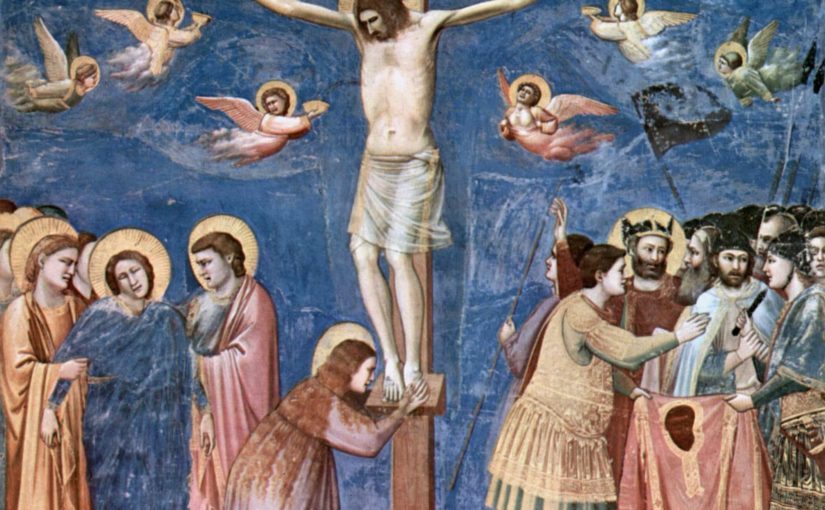Now to Him who is able to keep you from stumbling, And to present you faultless before
the presence of His glory with exceeding joy,To God our Savior, Who alone is wise,
Be glory and majesty, Dominion and power, Both now and forever. Amen.
Jude 24 and 25
It’s very clear in scripture that grace is the power of God that saves us. The same grace that saves also sanctifies and protects the believer in his walk of faith. Since Jesus is the channel through which grace reaches humanity, Christ is our Savior, Sanctifier, and “Him Who is Able to Keep You From stumbling.”
The very short book of Jude serves as a warning to Christians that apostates (defectors from the faith) will try to throw spiritual roadblocks in their path. He urges the saints to be strong and contend earnestly for the faith.
Progress in the Christian life is like walking or running. Anything thrown on the path, not just false doctrine, can cause a believer to stumble. Believers can fall into sin, get tripped up by doubts, or be sidelined by fears and depression. When a follower of the Lord Jesus goes to Him in moments like these, it not only keeps him from stumbling, but also presents him faultless before the presence of His glory with exceeding joy.
Through the years, I have counseled many struggling believers. Although their problems might be about doubts, fears, finances, or relationships, sin is usually at its core. Drug addiction, alcoholism, and pornography have huge holds on people, and rarely do generic advice and a simple prayer ever work.
It takes time and a lot of hard work to rebuild trust and dependency on Christ. It’s easy to believe that, as Savior, Jesus can keep you out of hell. It takes desire to grow deeper in the spiritual relationship to trust Him to be your Sanctifier who sets you apart for the Master. Finally, it takes a fresh, new revelation from God to see Christ as Him Who is Able to Keep You From Stumbling. When you do, though, you realize He can give you the power to break free from the things bringing you down.
August 9









